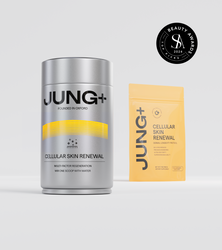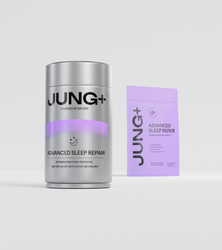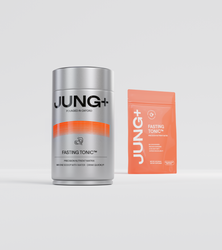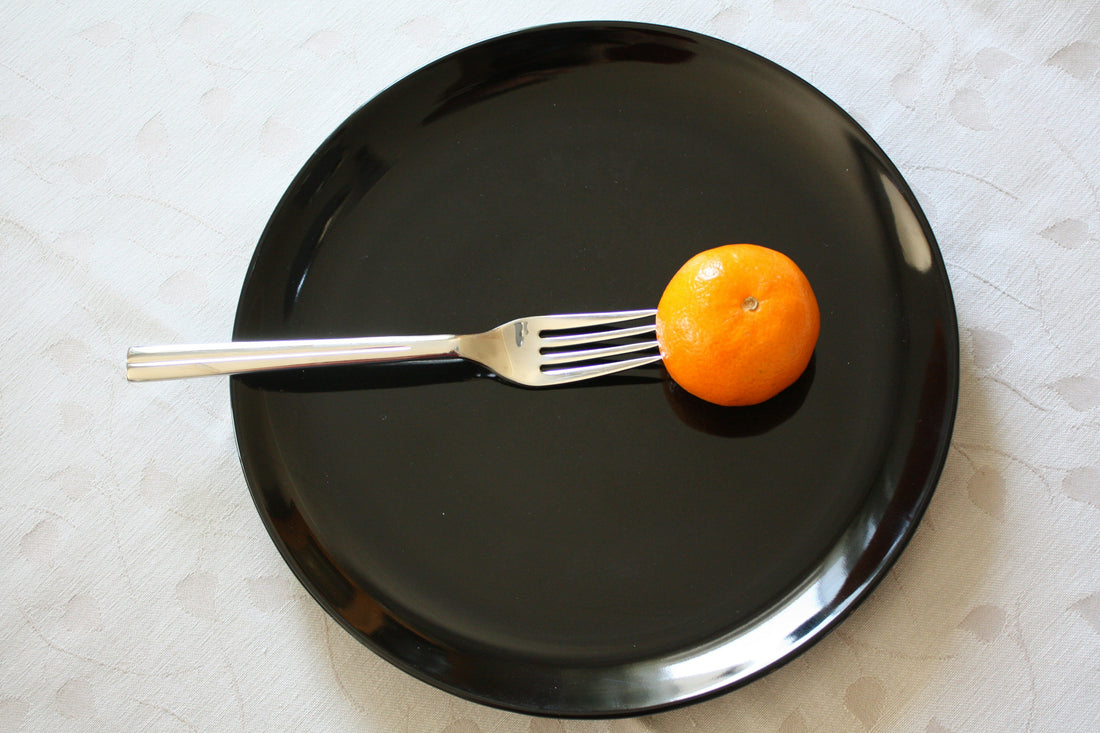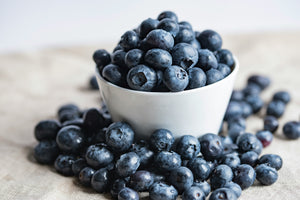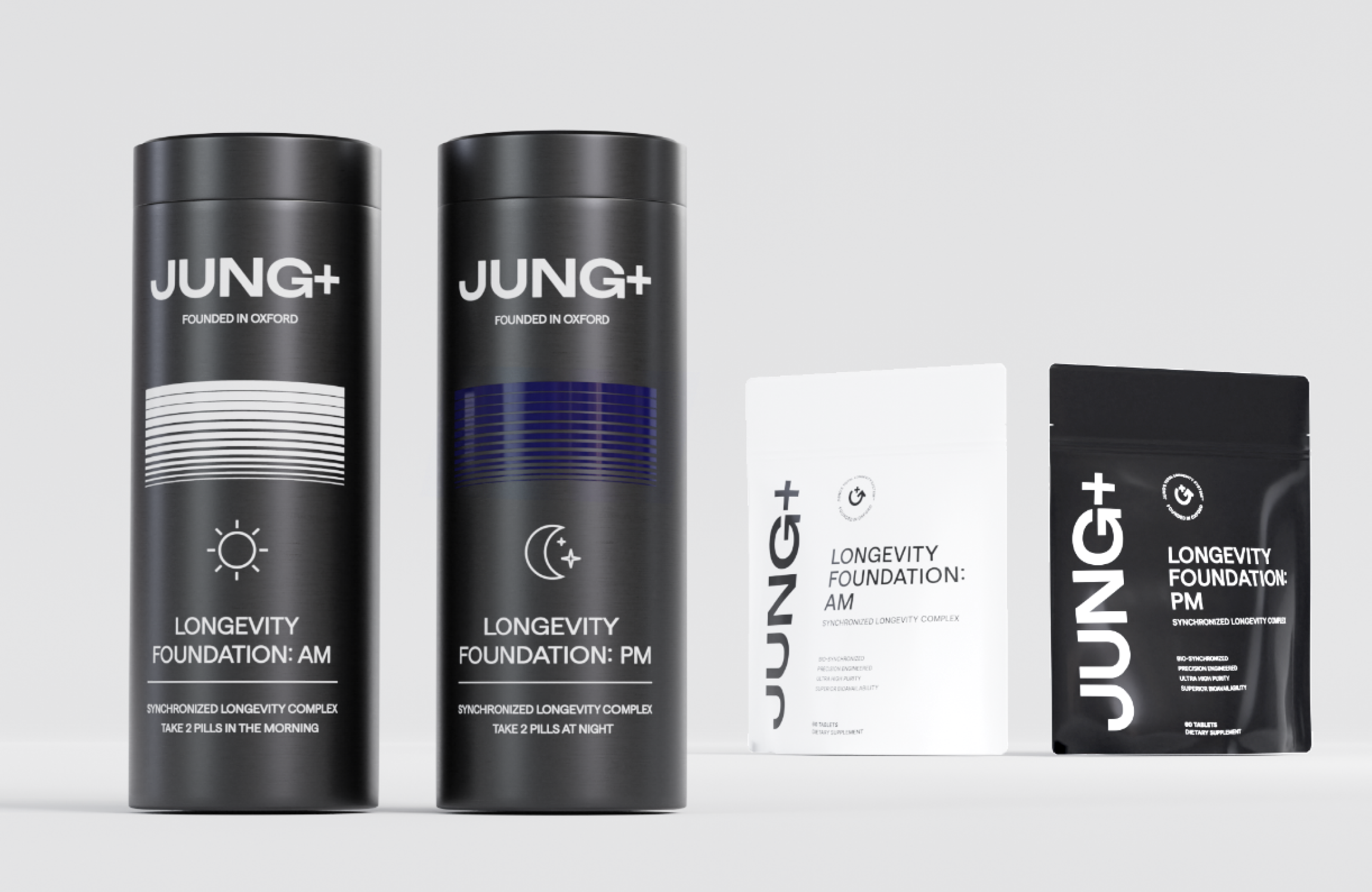When it comes to supplement effectiveness, timing is everything. Understanding how supplements interact with meals can significantly impact their absorption and the benefits they deliver to your body.
Whether it’s ensuring that fat-soluble vitamins have the right dietary fats to support absorption or knowing when to take glucose-regulating supplements to stabilize blood sugar levels, meal timing plays a key role. In this guide, we’ll break down the best strategies for nutrient and supplement timing, helping you make the most of your wellness routine.
How Different Nutrients Are Best Absorbed
Our bodies are highly specific when it comes to nutrient uptake. Understanding the difference between fat-soluble and water-soluble vitamins and minerals can make a significant difference in how well these nutrients are utilized.
Vitamins That Require Fats for Optimal Nutrient Absorption:
Fat-soluble vitamins include vitamins A, D, E, and K, and require dietary fat for optimal absorption.
The presence of fat stimulates the release of bile from the gallbladder, which is necessary to emulsify and break down fat-soluble vitamins, enhancing their uptake in the intestines.
Take these supplements with meals that contain healthy fats, such as avocados, olive oil, nuts, or fatty fish.
In supplements, these vitamins are often suspended in oils such as MCT (medium-chain triglycerides), olive oil, soybean oil, or sunflower oil. However, the type and quality of fat used in supplements matter.
Low-quality or highly processed oils, like hydrogenated fats or seed oils, can undermine the health benefits of the vitamins and introduce unwanted additives.
For optimal health, look for supplements that use clean, minimally processed fats like MCT or olive oil.
Omega-3 Fatty Acids: Synergizing with Fat-Soluble Vitamins
Omega-3 fatty acids, such as EPA and DHA found in fish oil, are best absorbed when taken with meals containing dietary fat.
These healthy fats not only enhance the bioavailability of omega-3s but also synergize with fat-soluble vitamins (A, D, E, and K) to support overall health.
The benefits of omega-3 supplements include reducing inflammation, supporting heart and brain health, and improving skin quality.
For optimal results, pair your omega-3 supplement with a meal rich in healthy fats, such as avocados, nuts, or olive oil.
Water-soluble & Meal Timing Considerations:
Water-soluble vitamins like vitamin C and all B vitamins dissolve in water and are absorbed more efficiently with a glass of water. However, this doesn’t mean you should always take them on an empty stomach.
This is especially true of B-complex vitamins.
B Vitamins may absorb better when taken with food due to the stimulation of digestive enzymes. Many B vitamins also rely on active transport mechanisms, which are more efficient during digestion.
Taking B vitamins with food can help prevent potential stomach upset, particularly if you have a sensitive stomach.
B Vitamins to look out for include:
-
Vitamin B1 (Thiamine)
-
Vitamin B2 (Riboflavin)
-
Vitamin B3 (Niacin, Niacinimide, NMN, or NR)
-
Vitamin B5 (Pantothenic Acid)
-
Vitamin B6 (Pyridoxine)
-
Vitamin B7 (Biotin)
-
Vitamin B9 (Folate/Folic Acid)
-
Vitamin B12 (Cobalamin)
These types of vitamins are not stored in the body and need to be replenished regularly through diet or supplementation.
Minerals and Their Absorption: A Complex Web
Minerals can have varying absorption needs. For instance, calcium is better absorbed when taken with meals, as stomach acid helps break it down.
Iron, on the other hand, is absorbed more efficiently on an empty stomach but can be hard on the digestive system, so it’s often taken with food to minimize discomfort.
It's best not to take large amounts of different minerals together, since they can compete for absorption.
These timing adjustments can help your body absorb minerals more effectively while minimizing side effects:
Minerals to take with meals
-
Calcium: With meals for better absorption due to stomach acid. Avoid taking iron or zinc supplements to prevent absorption interference.
-
Potassium: With meals to reduce stomach irritation, but can be taken either way if stomach irritation is not an issue.
-
Selenium: With meals for optimal absorption. Don’t take too much vitamin C, as it can reduce selenium's effectiveness.
Minerals to take on an empty stomach
-
Iron: On an empty stomach for maximum absorption (30 minutes before meals). Take with vitamin C (like orange juice) to enhance absorption. Avoid taking dairy, caffeine, or calcium-rich foods as they inhibit absorption.
-
Zinc: On an empty stomach for best absorption (30-60 minutes before meals at least). If it causes nausea, take it with a small snack. Avoid taking at the same time as iron or calcium.
-
Chromium: With meals (especially carbohydrate-rich meals) to support blood sugar control.
Minerals that go either way:
-
Iodine: With or without food, but consistency is key—choose the same time each day.
-
Magnesium: best taken with food to minimize potential stomach upset for certain forms, though it should be taken on an empty stomach for relaxation and sleep purposes.
Fiber Supplements: Supporting Digestion and Stabilizing Blood Sugar
Fiber supplements, such as psyllium husk and inulin, are powerful tools for digestive health and blood sugar control.
When taken before meals, fiber can slow the absorption of carbohydrates, helping to reduce post-meal glucose spikes.
This not only stabilizes energy levels but also supports metabolic health by tempering insulin responses.
Fiber supplements also promote satiety by absorbing water and expanding in the stomach, which can help manage appetite and prevent overeating.
To get the most out of fiber supplements, pair them with a full glass of water and take them before carbohydrate-rich meals to enhance their blood sugar-regulating effects.
Antioxidants: Best taken with Meals
Antioxidants like pterostilbene, curcumin, CoQ10, and astaxanthin are essential for neutralizing free radicals and reducing oxidative stress, which can accelerate aging and contribute to chronic diseases.
Many antioxidants are fat-soluble and should be taken with meals containing dietary fats to enhance their absorption and bioavailability.
Pairing antioxidant supplements with nutrient-dense meals provides added synergy, as whole foods often contain complementary antioxidants and phytonutrients.
For example, curcumin, a key compound in turmeric, is better absorbed when paired with black pepper or fats like coconut oil, further enhancing its anti-inflammatory effects.
Managing Blood Glucose Spikes From Meals
When consuming high-carbohydrate or high-sugar foods, managing blood glucose spikes is essential for maintaining energy balance, metabolic health, and overall well-being.
Sharp increases in blood glucose can cause energy crashes and increased hunger, and, over time, contribute to insulin resistance, a key risk factor for metabolic disorders such as type 2 diabetes.
Certain supplements can help mitigate these spikes by improving glucose uptake into cells, enhancing insulin sensitivity, and slowing carbohydrate absorption. Combining these supplements with high-carb or high-sugar meals is an excellent way to temper their effects.
For instance, berberine is often recommended alongside high-carbohydrate meals due to its ability to activate AMPK, a cellular energy sensor that promotes glucose utilization.
Similarly, supplements like chromium, Gymnema sylvestre extract, and white kidney bean extract can support healthy glucose metabolism and help reduce post-meal blood sugar spikes.
You'll find these ingredients in Jung+'s Glucose Blocker, which offers a number of metabolic benefits. To optimize the glucose-regulating effects of these ingredients, take Glucose Blocker just before or during a high-carbohydrate meal.
Key Takeaways on Timing Your Meals to Support Supplement Absorption
Optimizing the timing of your supplements around meals can elevate your health and ensure your body absorbs the nutrients it needs most.
By pairing fat-soluble vitamins with healthy fats, taking water-soluble vitamins at the right time, and using glucose-regulating supplements effectively, you can support everything from balanced energy to metabolic health.
Whether your goal is improved nutrient absorption or better blood sugar control, these small but strategic timing adjustments can lead to big gains for your overall well-being.


